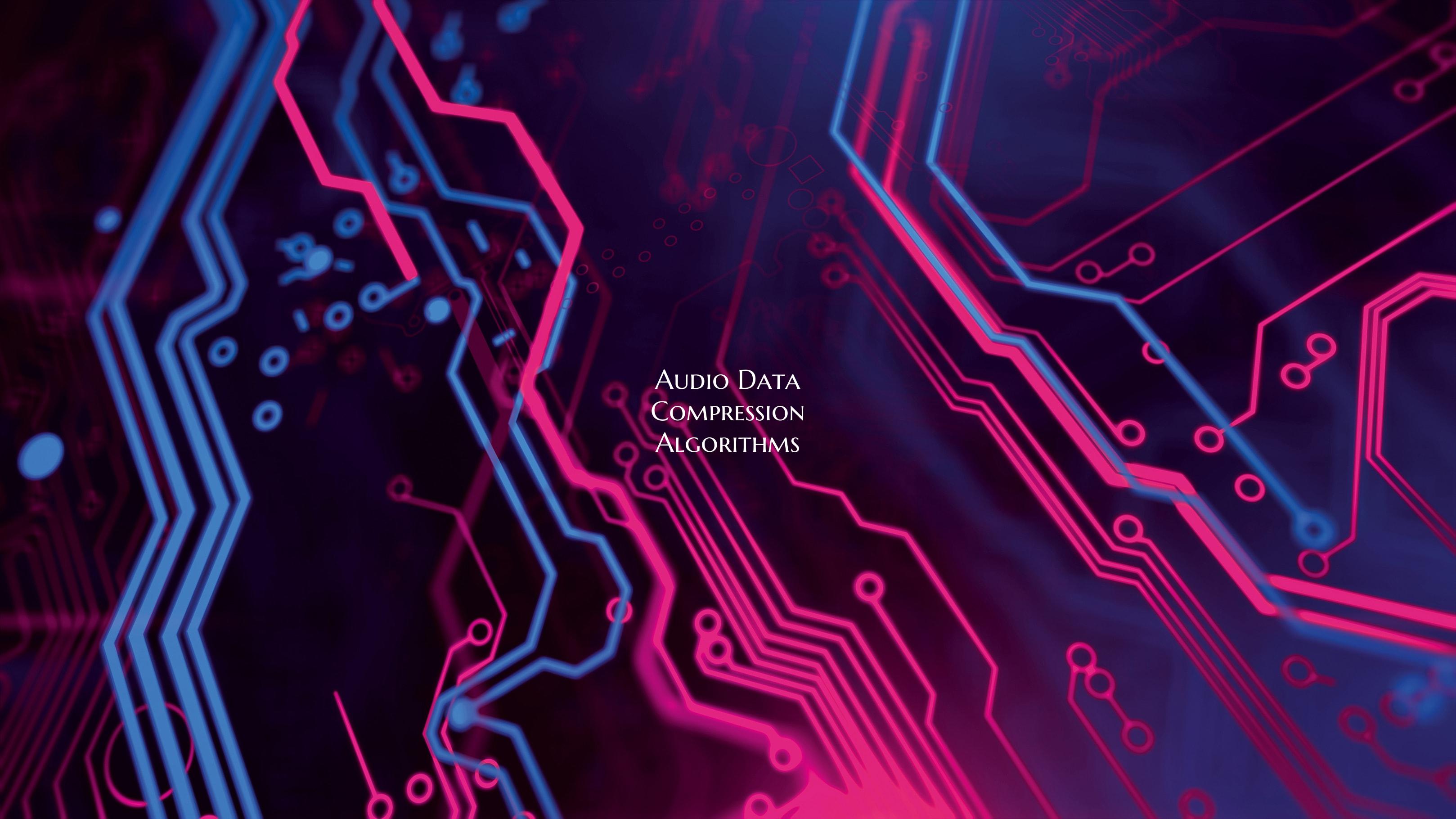Audio Data Compression Algorithms
Audio Data Compression Algorithms
Audio data compression algorithms are essential in the storage and transmission of digital audio signals while minimizing file size and bandwidth requirements. These algorithms are designed to reduce the amount of data needed to represent audio without significantly compromising sound quality. Various types of audio data compression algorithms are commonly used in both professional and consumer-grade audio applications.
One of the most well-known audio compression algorithms is the MP3 (MPEG-1 Audio Layer III), which became popular due to its balance between compression efficiency and sound quality. MP3 works by removing certain parts of the audio signal that are less perceptible to the human ear, resulting in a smaller file size without drastically affecting perceived audio quality.
Another widely used audio compression algorithm is Advanced Audio Coding (AAC), which is known for its ability to deliver high-quality audio at lower bitrates compared to older algorithms like MP3. AAC achieves this by using more sophisticated compression techniques such as temporal noise shaping and spectral band replication.
Other audio compression algorithms include Ogg Vorbis, FLAC (Free Lossless Audio Codec), and Opus. Ogg Vorbis is an open-source compression format that provides good sound quality with variable bitrates. FLAC, on the other hand, is a lossless compression algorithm that preserves the original audio quality while reducing file size. Opus is designed for low-latency real-time audio streaming applications and is known for its efficiency in compressing speech and music.
In conclusion, audio data compression algorithms play a crucial role in the digital audio industry by enabling efficient storage and transmission of audio content. Different algorithms offer varying trade-offs between compression ratios, sound quality, and computational complexity, allowing users to choose the most suitable option based on their specific requirements. As technology continues to evolve, we can expect further advancements in audio compression algorithms to meet the growing demands of modern audio applications.

